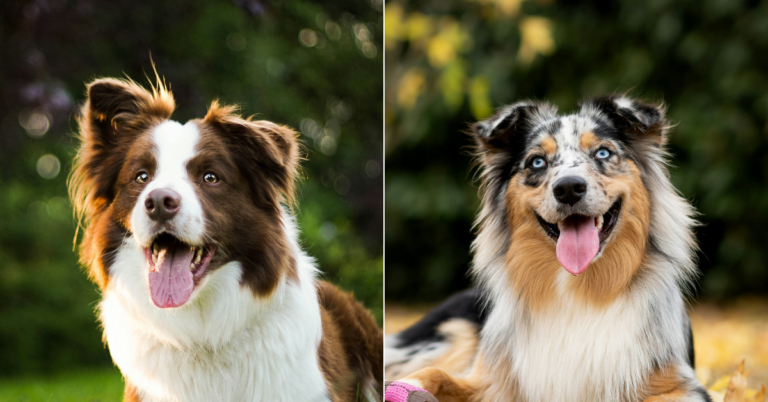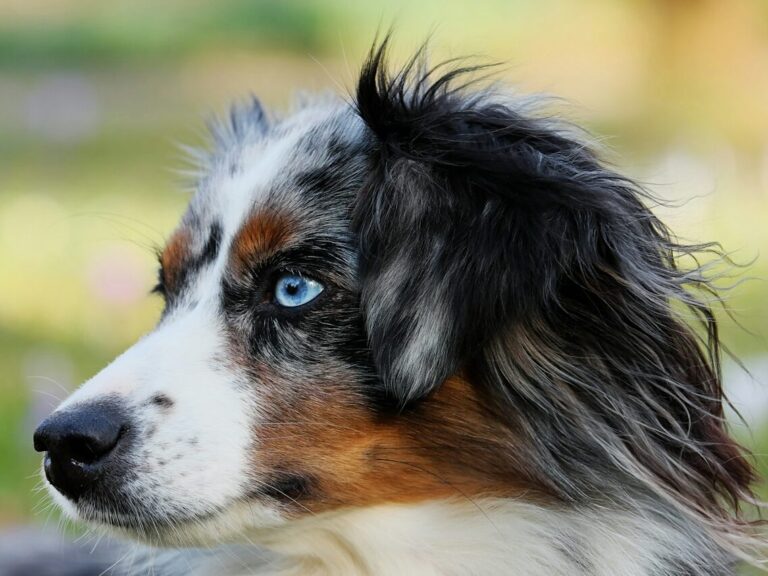10 Sneaky Culprits That Might be Stinking Your Pet
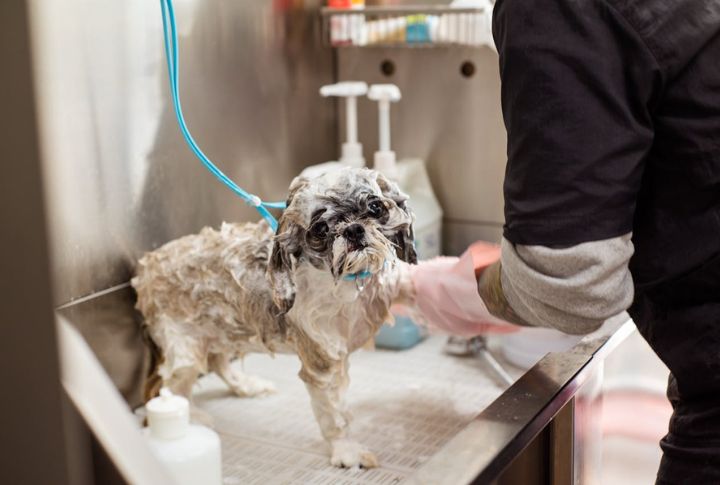
You cannot take Bruno or Posha outside because they stink, and you have no idea why. You have tried new shampoos and even pet perfume to no avail. Before panicking, have you considered the following?
Poor Dental Hygiene

Bad breath doesn’t come from what your pet ate, but also its dental health. If your pet’s teeth aren’t correctly cared for, bacteria build up and create a nasty odor. Over 80% of cats and dogs have dental disease after turning three. The solution is simple: Regular brushing or dental treats.
Ear Infections and Yeast Overgrowth
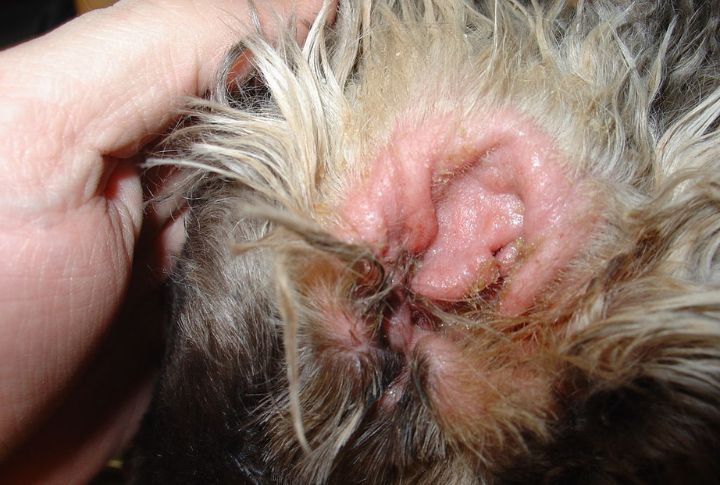
Floppy ears? Yeast or bacterial infections could lurk and cause a fishy or musty odor. This is quite often in animals with long ears, like Cocker Spaniels, rabbits, and guinea pigs. Don’t ignore the signs—frequent head shaking or scratching means a trip to the vet is in order!
Rear Gland Drama
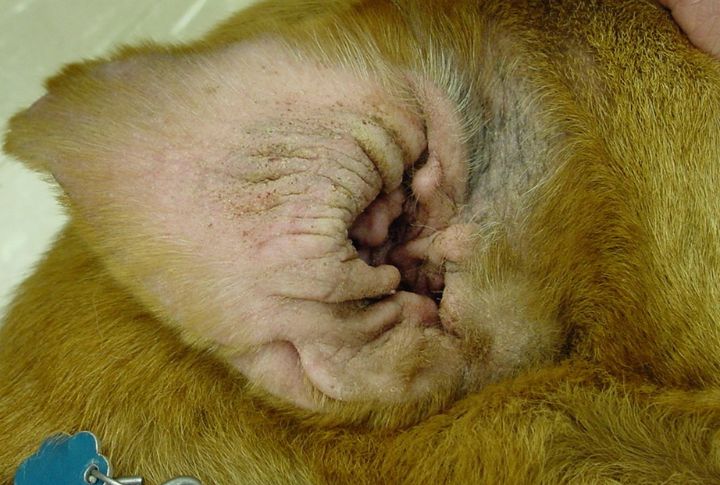
Have you noticed some foul smell near your pet’s rear? Impacted glands likely cause that. These glands, when full or infected, can leak an overpowering odor. Small dogs, especially, are prone to rear gland issues. Regular vet checkups can prevent smelly surprises!
Skin Allergies and Infections
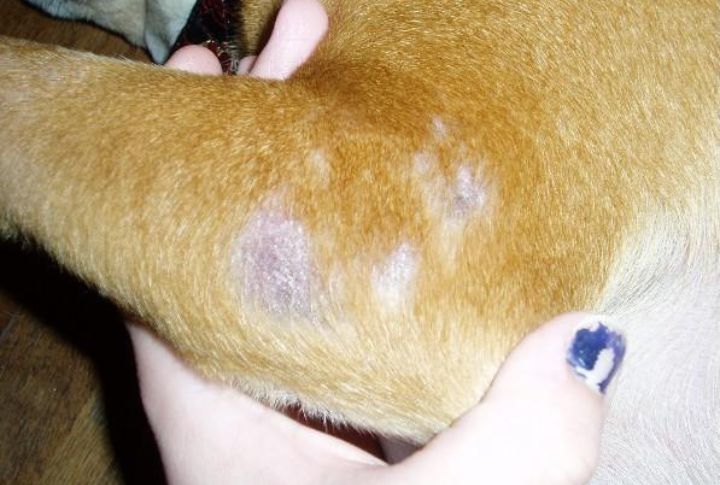
When your pet has dry, irritated skin, expect an odor that’s hard to ignore. Dogs with allergies often suffer from itchy, infected skin patches that smell bad. So, if you find that your pet constantly scratches or licks their skin, it might be time to check for underlying allergic reactions.
Parasites: Fleas, Ticks, and Mites
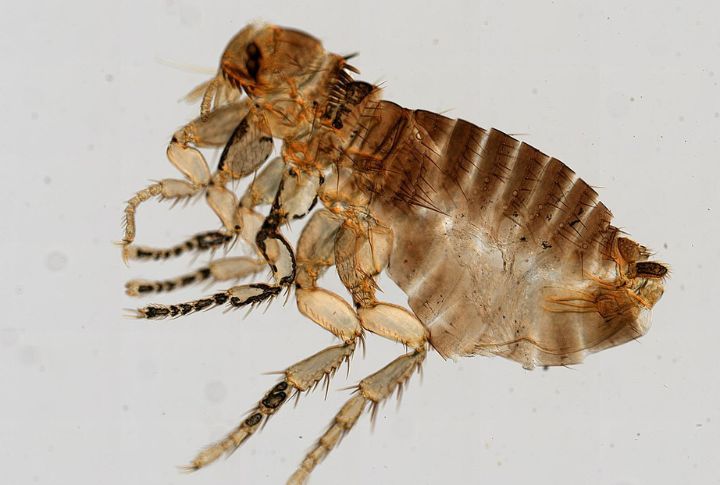
Fleas and ticks bring more than just itchy bites; they also cause funky odors. When these pests infest your pet’s fur, bacteria and debris build-up, leading to stench. Regular flea prevention and checking your pet after outdoor play can keep the pests and smells away.
Dirty Fur and Lack of Grooming
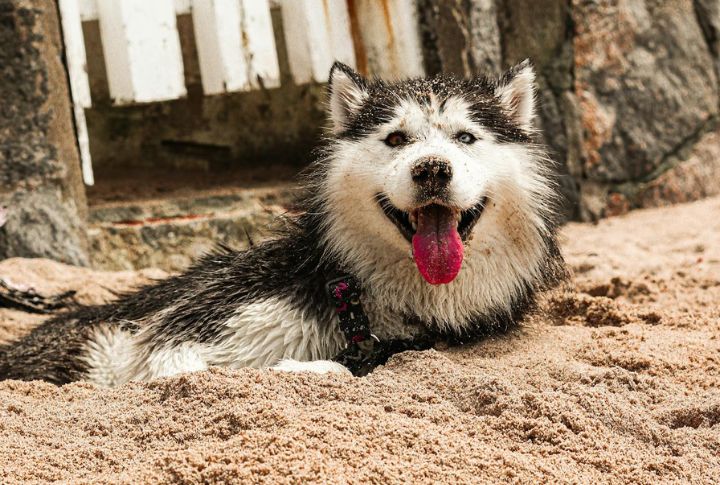
Pets that go too long without bathing or grooming can develop musty odors. Dull fur traps oils, dirt, and bacteria, which create a stink. Regular brushing helps eliminate debris and spread natural oils. This giving your pet’s coat a fresh, clean scent.
Diet and Digestive Issues
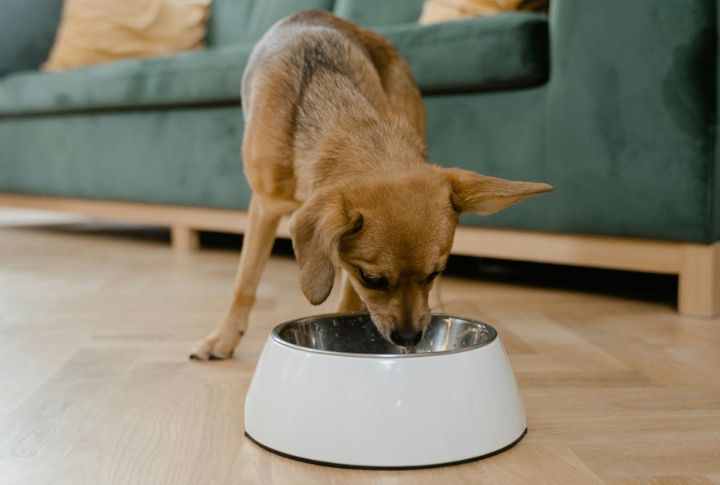
What goes in often comes out—both in smell and in appearance. Diets rich in low-quality ingredients can lead to smelly stools and gas. Changing your pet’s food to a higher-quality option may improve their digestive health and overall scent. It’s making them smell nice from the inside out.
Urinary Tract Infections (UTIs)
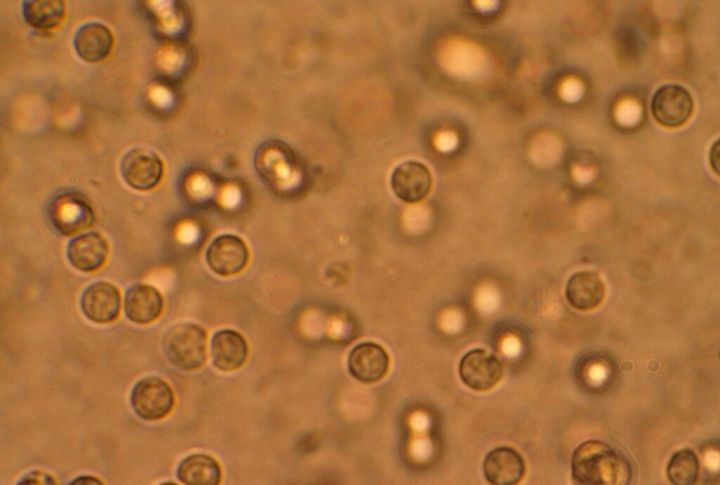
If your pet’s urine smells worse than usual, you might be dealing with a UTI. UTIs can cause intense, unpleasant odors and sometimes even lead to accidents inside. Now, if you notice frequent urination or blood in the their waste, a visit to the vet can nip this stinky problem in the bud!
Litter Box Neglect (for Cats)
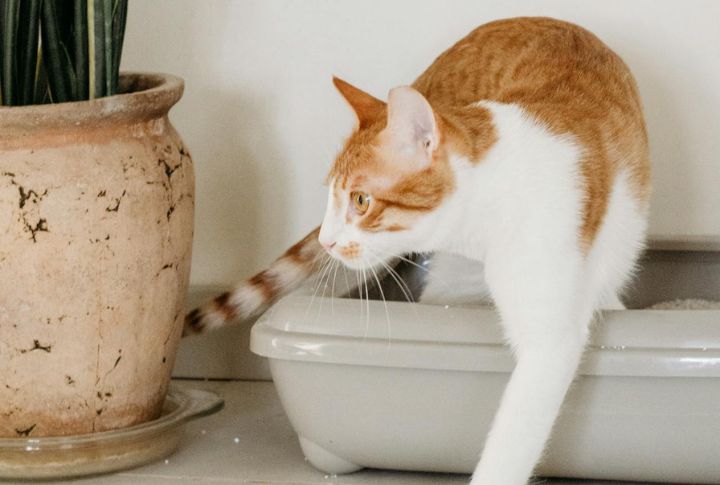
A neglected litter box is messy, unsanitary, and it’s also a nasty scent trap! If you do not regularly clean a litter and change the sand, odors build up and get stuck to your cat’s paws and fur. Make sure to scoop at least once daily and wash the box weekly to keep things fresh.
Dehydration and Dry Skin
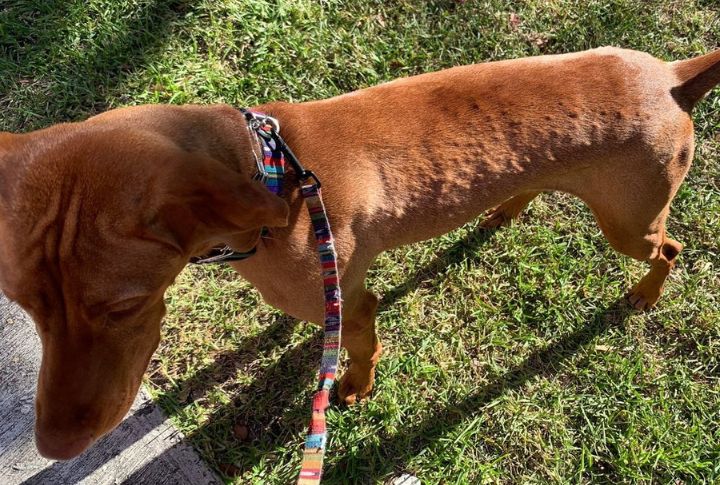
Dehydration is a sneaky culprit of bad pet smells. Without enough water, your pet’s skin dries out and becomes more odor-prone. If your pet’s skin seems flaky or smelly, increase their water intake and consider a skin-boosting supplement to keep them fresh.


